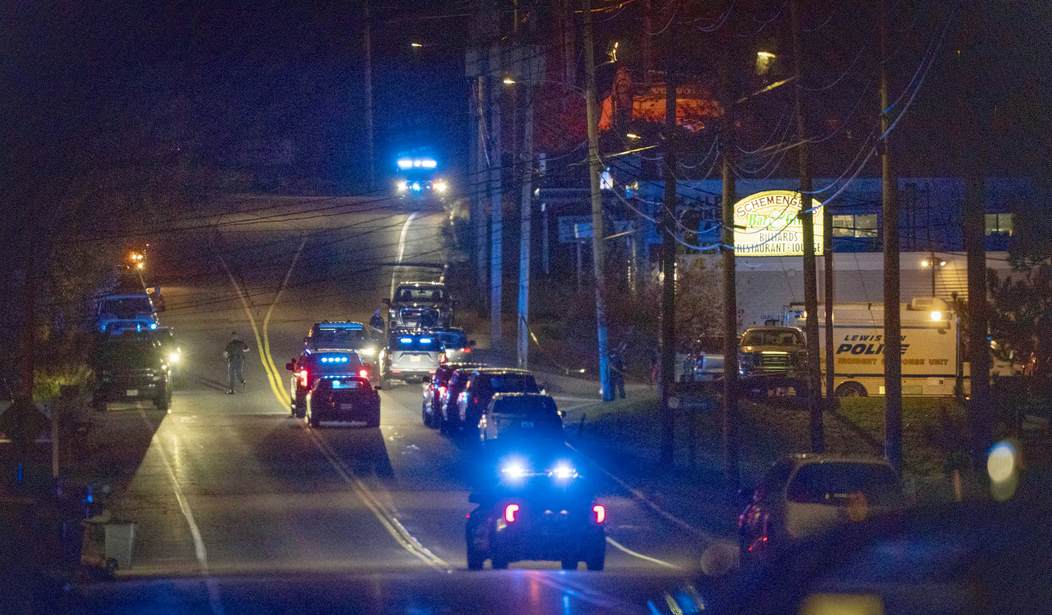Robert Card, the 40-year-old Army reservist wanted for the murders of 18 people in Lewiston, Maine, spent two weeks in a mental institution last summer. He recently reported “hearing voices” and also recently threatened to shoot up an Army base in Saco, Maine.
Despite red lights flashing continuously, Robert Card was allowed to walk freely. No one thought to take his firearm from him — a move Second Amendment purists would have opposed. No one suggested that he be readmitted to the inpatient mental health facility he stayed in for two weeks last summer.
Because no one acted — because no one could act — Robert Card walked into a bar and a bowling alley with a rifle and killed 22 people.
Robert Card should not have been breathing air as a free man. He is mentally ill. He’s able to function in society, interact with people, and seem “normal” in almost every way, but the chaos and war occurring in his brain makes him a threat to society.
I have no doubt that when he was discharged from the mental institution, the psychiatrists all signed off and certified that he was not a danger to himself or others. How could they be so tragically wrong? The fact is, the human brain is the last unknown frontier of medical science. We’re unlocking more of the brain’s secrets all the time, but the reality is that those psychiatrists who signed off on Card’s mental health are giving educated guesses. And no one would have been able to predict Card’s future mental state.
We’re seeing mentally ill people accost and attack residents in New York, Los Angeles, San Francisco, and Chicago. When does the toll on victims become too high? How many more families must be torn apart by mentally ill people who didn’t take their meds, or who managed to convince doctors they weren’t a threat to anyone?
Related: Mass Shootings: If No One Else Will Offer a Solution, I Will
No one likes the obvious solution — locking the mentally ill away to protect society from their predation. But the courts have decided in their infinite wisdom that mentally ill people should roam our streets freely unless they demonstrate the danger they pose to the rest of us.
Locking them away will prove to be a problem because we’ve been tearing down mental health facilities — including hospitals and long-term care facilities — at a record pace. Maine may be a typical state as far as mental health services go.
Maine is in trouble when it comes to mental health services and it is not alone. Mental hospitals are being closed all across the country.
As of the end of 2021, there were only 87 mental health crisis workers for the entire state, compared with more than 2,500 law enforcement officers.
More than 2,000 patients were waiting for outpatient mental health treatment and 32 out of 45 emergency department beds were filled with individuals awaiting discharge for residential mental health care.
Meanwhile, more than 20 mental health residential programs in Maine had closed that year due to lack of staffing and inadequate financing.
We’re not confronting the problem of the mentally ill murdering our loved ones because the solution is seen as cruel. Locking someone up against their will because they may become homicidal is seen by many as unnecessary.
We’ve come a long way from incarcerating the mentally ill in Bedlam-like institutions. But if we’re going to get serious about addressing the mental health crisis in America, we’re going to have to think seriously about getting large numbers of people off the streets and into long-term mental health facilities.










Join the conversation as a VIP Member